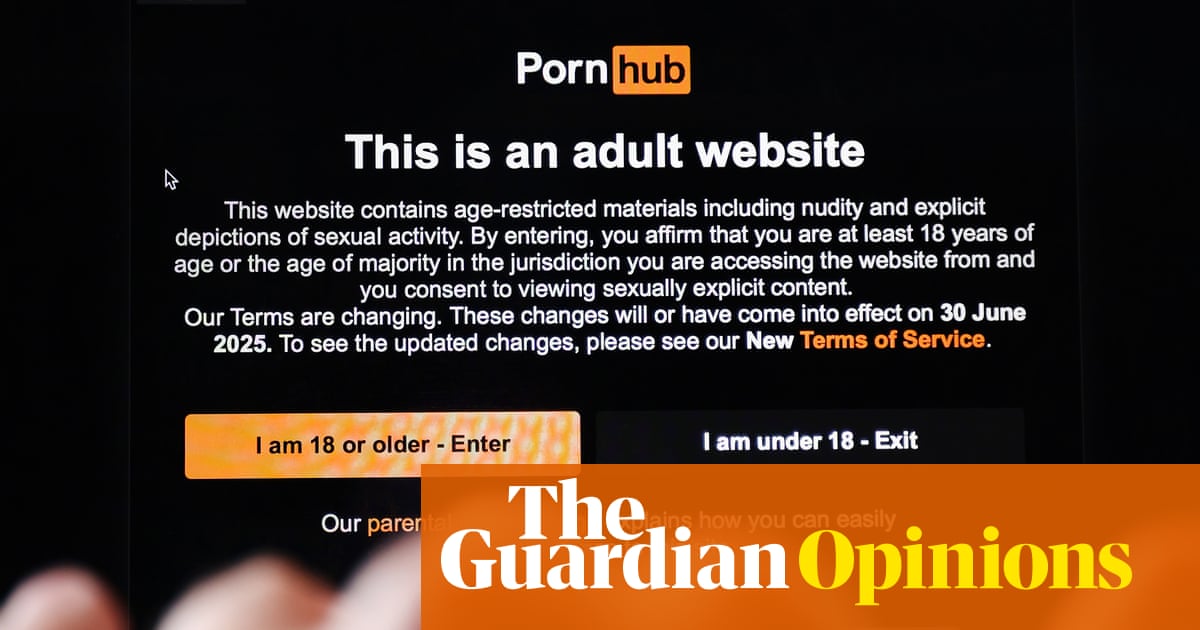Ukraine And Gaza Conflict: Tech Companies Face Backlash Over Content Restrictions

Welcome to your ultimate source for breaking news, trending updates, and in-depth stories from around the world. Whether it's politics, technology, entertainment, sports, or lifestyle, we bring you real-time updates that keep you informed and ahead of the curve.
Our team works tirelessly to ensure you never miss a moment. From the latest developments in global events to the most talked-about topics on social media, our news platform is designed to deliver accurate and timely information, all in one place.
Stay in the know and join thousands of readers who trust us for reliable, up-to-date content. Explore our expertly curated articles and dive deeper into the stories that matter to you. Visit Best Website now and be part of the conversation. Don't miss out on the headlines that shape our world!
Table of Contents
Ukraine and Gaza Conflict: Tech Giants Face Growing Backlash Over Content Restrictions
The ongoing conflicts in Ukraine and Gaza have thrust major tech companies into the spotlight, facing intense scrutiny over their content moderation policies and accusations of bias. Millions are relying on social media and online news for updates, making the platforms' decisions about what information is allowed and suppressed incredibly impactful – and increasingly controversial. This article explores the complex challenges tech giants face in navigating these turbulent times and the growing public pressure they're under.
Navigating a Minefield of Misinformation:
The rapid spread of misinformation and propaganda during wartime presents a significant challenge. Platforms like Facebook, X (formerly Twitter), and YouTube are battling a deluge of manipulated images, videos, and narratives designed to influence public opinion and sow discord. The difficulty lies in differentiating between legitimate reporting, biased perspectives, and outright disinformation. Striking a balance between free speech and the prevention of harm is a precarious tightrope walk.
Accusations of Bias and Censorship:
Critics accuse tech companies of applying inconsistent standards, with allegations of biased censorship favoring one side of the conflict over another. Some argue that certain narratives are suppressed while others, potentially equally misleading, are allowed to flourish. This inconsistency fuels distrust and raises questions about the transparency and accountability of these powerful platforms. For example, the removal of certain pro-Palestinian or pro-Ukrainian accounts has sparked widespread debate about the fairness and objectivity of these decisions.
The Impact on Access to Information:
The restrictions, intentional or unintentional, also impact access to crucial information. In conflict zones, social media often serves as a primary source of news and updates for those affected, and for the wider world. Overly aggressive content moderation could inadvertently silence vital voices and limit the flow of critical information, hindering humanitarian efforts and the understanding of the situation on the ground.
A Balancing Act: Free Speech vs. Public Safety:
The core issue is the inherent tension between protecting freedom of speech and preventing the spread of harmful content that incites violence, hate speech, or misinformation. Tech companies are grappling with developing nuanced policies that can address these complex issues effectively without stifling legitimate discourse. This requires a deep understanding of the geopolitical context, cultural sensitivities, and the potential impact of their actions.
What's Next for Tech Companies?
The pressure on tech companies is unlikely to ease. Increased governmental regulation, growing public distrust, and the ethical dilemmas inherent in content moderation will continue to challenge these platforms. Moving forward, greater transparency in their decision-making processes, independent audits of their content moderation practices, and a more robust commitment to combating misinformation are crucial steps towards regaining public trust.
Key Considerations for the Future:
- Improved Transparency: Tech companies need to be more transparent about their content moderation policies and the rationale behind their decisions.
- Independent Oversight: Independent audits and oversight mechanisms could help ensure fairness and accountability.
- Investment in Fact-Checking: Increased investment in fact-checking initiatives is crucial to combat the spread of misinformation.
- Collaboration with Experts: Working with experts in conflict resolution, international relations, and human rights is essential to navigating these complex issues effectively.
The ongoing conflicts in Ukraine and Gaza underscore the vital role tech companies play in shaping public discourse during times of crisis. Their responsibility extends beyond simply managing their platforms; it involves upholding ethical standards, protecting free speech, and preventing the spread of harmful content that can exacerbate already volatile situations. The challenges they face are immense, but their response will significantly impact how the world understands and responds to these critical events.

Thank you for visiting our website, your trusted source for the latest updates and in-depth coverage on Ukraine And Gaza Conflict: Tech Companies Face Backlash Over Content Restrictions. We're committed to keeping you informed with timely and accurate information to meet your curiosity and needs.
If you have any questions, suggestions, or feedback, we'd love to hear from you. Your insights are valuable to us and help us improve to serve you better. Feel free to reach out through our contact page.
Don't forget to bookmark our website and check back regularly for the latest headlines and trending topics. See you next time, and thank you for being part of our growing community!
Featured Posts
-
 Hard Summer Festival Survival Guide For First Timers
Aug 02, 2025
Hard Summer Festival Survival Guide For First Timers
Aug 02, 2025 -
 Fire Charts Btc Analysis Critical Support Level At 116 750 Potential For Price Drop
Aug 02, 2025
Fire Charts Btc Analysis Critical Support Level At 116 750 Potential For Price Drop
Aug 02, 2025 -
 Phoenix Heat Advisory Weekend Forecast And Extreme Heat Precautions
Aug 02, 2025
Phoenix Heat Advisory Weekend Forecast And Extreme Heat Precautions
Aug 02, 2025 -
 Online Safety Act Bipartisan Criticisms And Potential Improvements
Aug 02, 2025
Online Safety Act Bipartisan Criticisms And Potential Improvements
Aug 02, 2025 -
 Is The Bitcoin Bull Run Over Expert Warns Of Potential 60 000 Crash
Aug 02, 2025
Is The Bitcoin Bull Run Over Expert Warns Of Potential 60 000 Crash
Aug 02, 2025
Latest Posts
-
 Four Year 150 Million Mikal Bridges New Contract With The Knicks
Aug 02, 2025
Four Year 150 Million Mikal Bridges New Contract With The Knicks
Aug 02, 2025 -
 Yu Zidis Historic Bronze Chinas 12 Year Old Shines At World Swimming
Aug 02, 2025
Yu Zidis Historic Bronze Chinas 12 Year Old Shines At World Swimming
Aug 02, 2025 -
 Mlb Trade News Correa Returns To The Astros In Blockbuster Deal
Aug 02, 2025
Mlb Trade News Correa Returns To The Astros In Blockbuster Deal
Aug 02, 2025 -
 Mc Laurin Trade Odds Predicting The Star Receivers Next Team
Aug 02, 2025
Mc Laurin Trade Odds Predicting The Star Receivers Next Team
Aug 02, 2025 -
 12 Year Old Yu Zidi Wins Bronze In World Aquatics Relay China Celebrates
Aug 02, 2025
12 Year Old Yu Zidi Wins Bronze In World Aquatics Relay China Celebrates
Aug 02, 2025
